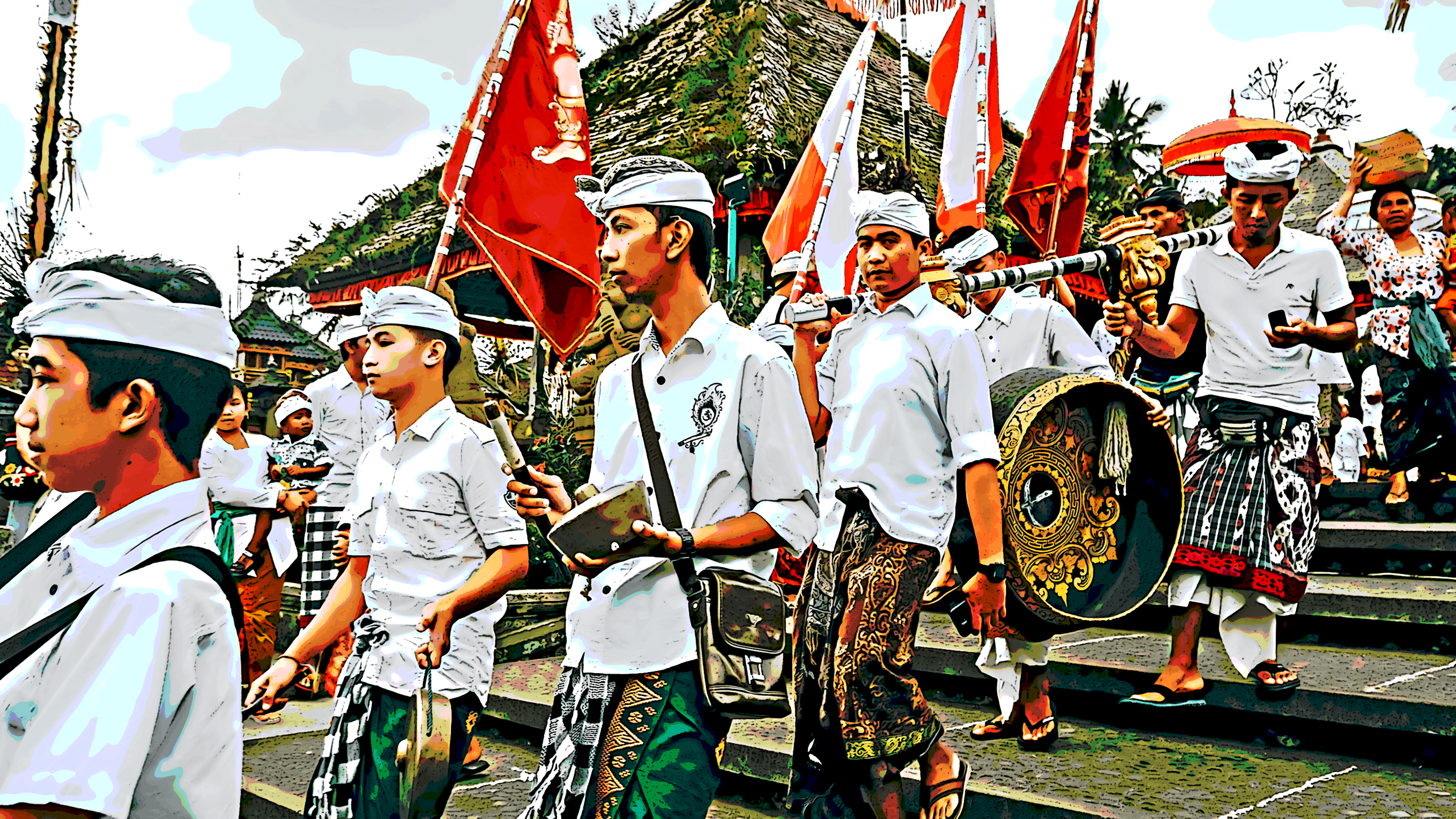By Pandu Sastrowardoyo and Jean-Daniel Gauthier
The Indonesian Blockchain Association promotes the adoption of blockchain in the country’s education, regulations and commercialization sectors.
Indonesia is a country of 17,508 islands and 260 million people, including 171 million internet users. It actually has the highest percentage of mobile e-commerce of any country in the world — higher than China, South Korea and the U.S. In short: It’s a huge market, dominated by the digital economy.
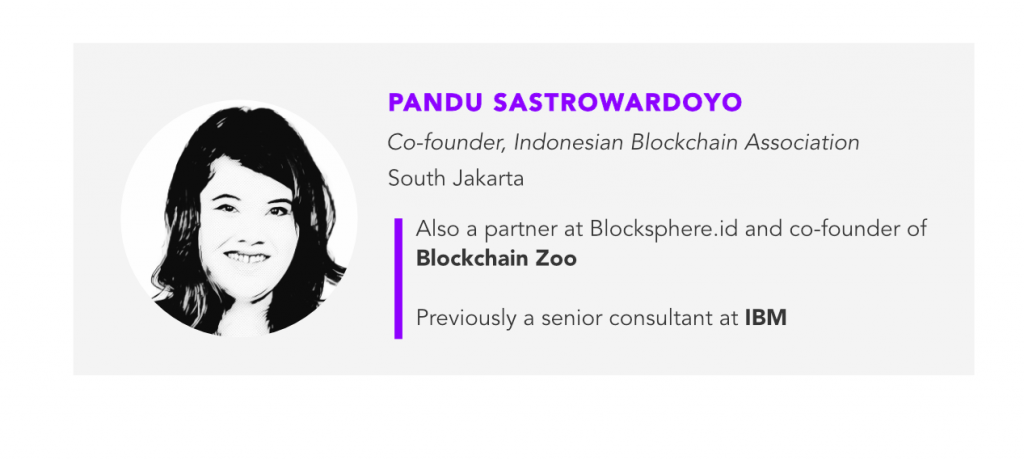
Ever since the fall of former president Soeharto in the late ’90s, Indonesia has followed a democratic philosophy of strong regional autonomy. The 33 provinces are still beholden to Jakarta — the capital is still both the governmental and economic center of the archipelago — but there is a distinct focus on provincial empowerment.
This “administrative decentralization” is reflected in differing standards, procedures and IT systems from region to region. This also means that getting a unified view of Indonesia, or building a unified strategy for it, is very difficult with centralized information systems.
For example: Every Indonesian carries multiple identity cards, each controlled by different agencies. In one wallet you might have a citizen’s card, a driver’s license, a government health insurance card, social insurance card, voting card, aid card for education, aid card for groceries and more. Each of these cards connect to one small part of the government — an agency, a department or a ministry. The data of each of these cards is kept in a different database — and many of these databases are not even connected with each other.
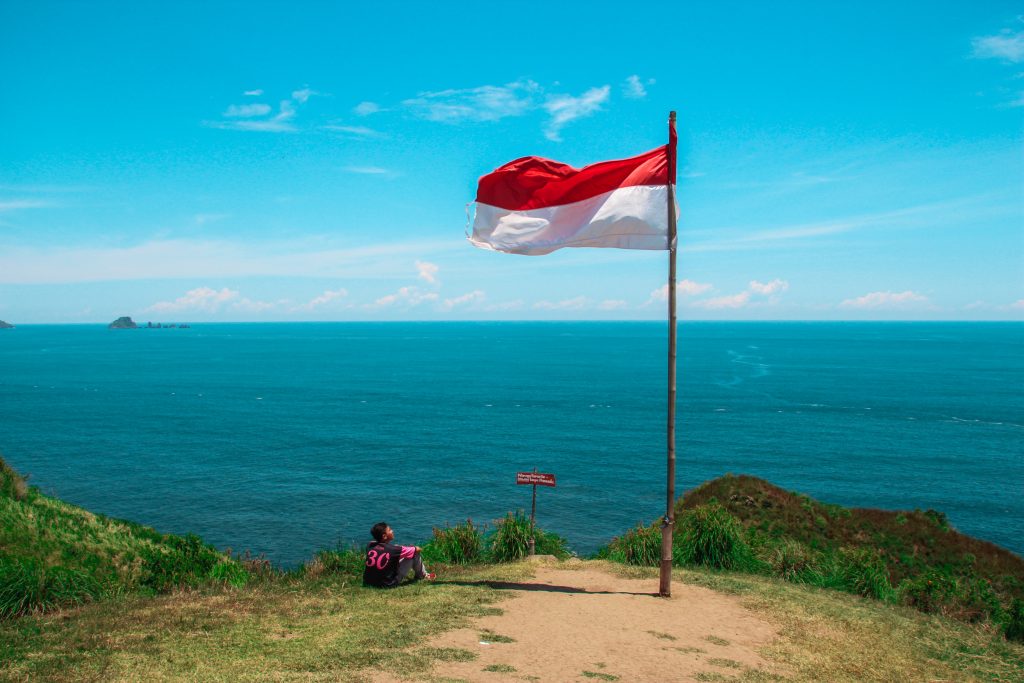
This is not just a government problem: Indonesia has always had multiple competing agendas in the same space. Within the last two decades, multiple telco companies have been heavily competing — both from prices and ‘value-added services’ — and many argue that the industry needs consolidation. There are now a dozen competing mobile payments (Go-Pay, OVO, DANA, etc) doing battle for a share of the consumer market.
These conditions are why Indonesia is actively looking at Blockchain technologies for help, and why the Indonesian Blockchain Association and consulting companies such as Blocksphere.id are enabling the country to reach its goals.
Blockchain and the Indonesian Government
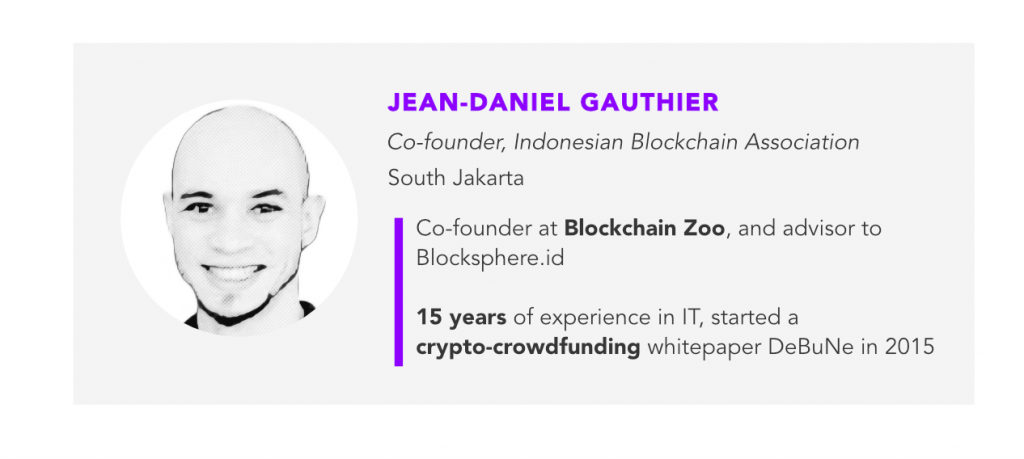
There have been many misunderstandings about the Indonesian government’s stance toward both blockchain technologies and cryptocurrencies. Many assume that since the Indonesian central bank issued a statement in 2017 that cryptocurrencies are not legal tender, this meant blockchain is somehow illegal in the country.
This could not be further from the truth. While it is true that cryptocurrency cannot be directly used for payments in Indonesia, the government recognizes it as a commodity asset class. Trading and owning cryptocurrency is perfectly legal. In fact, this has brought on Indonesia’s crypto exchange boom, with more than 15 exchanges sprouting up over 24 months.
Regarding blockchain technology, the government itself is actively pushing for adoption in both the private and public sectors. I’ve personally been in many discussions with these government agencies. The crux of these discussions have always been to create multi-party collaborations between Indonesia’s many competing interests. The government recognizes the value of blockchain as a data-unifying technology that prevents inter-agency tampering.
There are some ongoing discussions about the following use cases:
- The Indonesian Regional Banks Association has done several workshops studying blockchain for anti-fraud.
- The P2P lending association is researching overfinancing prevention for the more than 130 P2P lending companies in Indonesia.
- Blocksphere itself has initiated consulting workshops to conceptualize solutions for the government-owned agency that manages Indonesia’s major airports. These solutions range from cargo, logistics, vendor management and passenger services. Blocksphere has also consulted for multiple government agencies, including Indonesia’s central bank, the financial services authority, the tax bureau and several ministries.
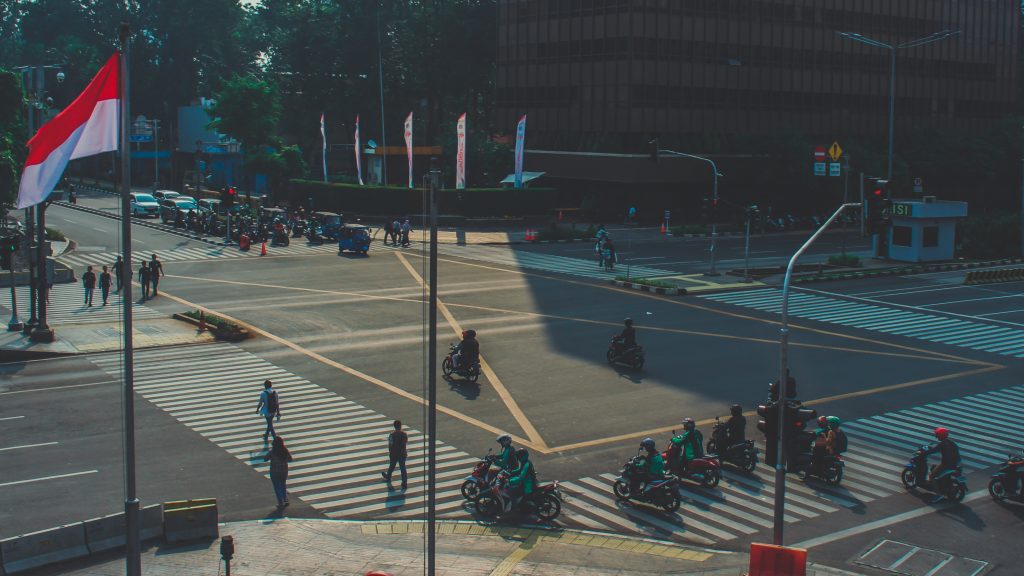
A growing developer community
If 2017 and 2018 were marked by a rapid gain in interest from the traders and crypto-enthusiasts, 2019 has seen a measurable growth in the rank of its blockchain-capable developers. (South-East Asia’s largest privately-held bank, Bank Central Asia, did a blockchain hackathon last year. Hundreds of developers registered and thousands of attendees came to the finals.)
Through dozens of seminars, workshops and the birth of several dedicated news websites, the combined effort of many actors in the industry has fruitfully managed to put forward application of the technology extending well beyond initial offerings.
This is also due to the emergence of mature technical frameworks such as the Hyperledger suite and tools like Ganache and Truffle for Ethereum, which bring accessibility to interested developers.
See related article: How to make blockchain development code-agnostic, with Digital Asset CEO Yuval Rooz
Blockchain and the Indonesian private sector
In 2018, there were only around six blockchain companies registered in Indonesia. We now have 66 blockchain companies, and this growth is showing no sign of slowing down. Consulting companies, training companies, development houses, logistics projects, big data projects, point-of-sale projects and many more are part of this massive ecosystem.
The Indonesian Blockchain Association is the only such group in the country, catering to 33 companies so far. These include companies like:
- PundiX, which initiated one of the first Blockchain-based point-of-sale system in the region, now operating worldwide
- Hara, which aims to create a data platform for farmers in Indonesia, in collaboration with Amazon
- Blocksphere, a Gartner-listed consulting and development company with a number of high-profile clients nationally and internationally
Blocksphere built the blockchain-as-a-service platform for Indonesia’s largest telecommunications company. This platform includes a QR payment systems integration and land registration solutions — both of them solutions that aim to help multiple companies and/or agencies to work together.
Just this year, the association collaborated with the largest privately-held bank in ASEAN to create a blockchain hackathon. Hundreds of participants sent in blockchain ideas for this event, which included a four-city roadshow and thousands of attendees.
Toward a flourishing 2020
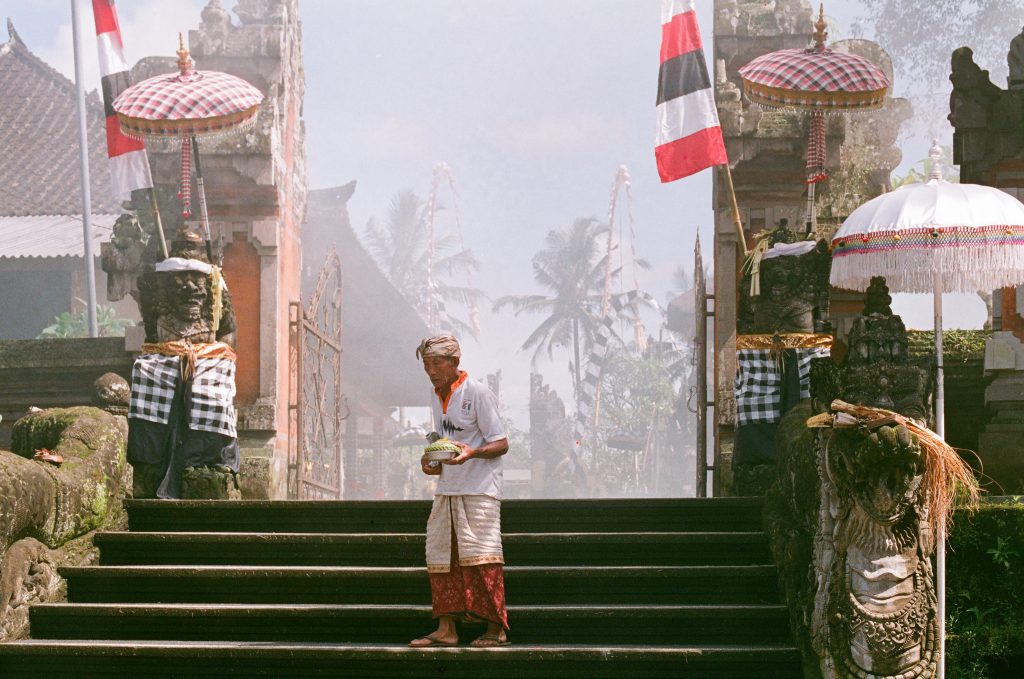
2020 might very well be pivotal when it comes to implementing blockchain elements into consumer-oriented application, but it doesn’t stop there. Growing interest from organizations such as the Indonesian central bank and other major financial organizations come with the hope of employing blockchain to optimize well-known bottlenecks related to money flows.
Financial inclusion is another topic that has been widely discussed since 2015. This sector seems to have gathered enough interest to motivate the founding of several startups which might very well break through soon, especially the ones approaching the problem a low-tech angle.
From Blocksphere’s perspective, investors and consumers should soon expect to see new names when it comes to settlements, payments, identity management and financial inclusion.
A worldwide market
Blocksphere has also built an Asia-wide carbon-credit blockchain solution for a Japanese environmental NGO. This is one of the first carbon-credit tracking solutions on the Blockchain, intended to help inter-country collaborations and a more streamlined reporting system. This solution also provide legitimacy and transparency for carbon credit purchasing and selling because companies and countries can see the provenance of carbon credit that has been approved by Japanese Environmental NGO and Third-Party Carbon Credit Audit.
Conclusion
The primary barriers to gaining control in the Indonesian market have always been the issues with its decentralized geography and politics. The Indonesian Blockchain Association is working together with consulting companies such as Blocksphere to turn these barriers into a decentralized country can dominate the region with decentralized technology.
